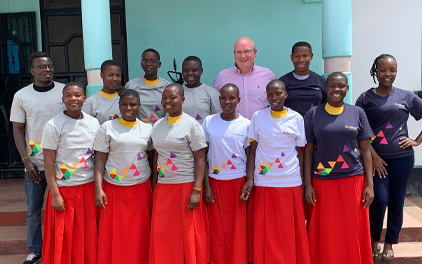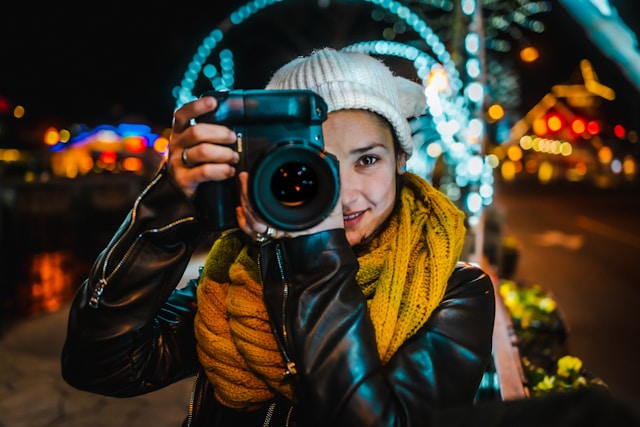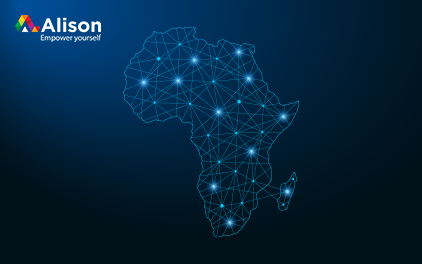Women are nurturers and symbols of strength, dignity, and wisdom. Women are taking up space, breaking barriers, and cementing their place as capable leaders in many areas and industries. According to United Nations, one in ten women in Tanzania (aged 15-49) have undergone FGM. Of these, 35 per cent underwent FGM before the age of one.
Tanzania is one of the many countries across Africa where FGM is still practiced. Generations pass it down to the next generation. It is also viewed as a rite of passage in the rural areas where this tradition is upheld. These communities associate FGM with dignity and status. In other homes, those holding economic power enforce the practice on those living in the household.
The Hope for Girls & Women center in Tanzania offers light and hope to girls and young women escaping from their villages and these heinous acts. On his recent trip across East Africa, our CEO, Mike Feerick, stopped by to visit the organisation.
What is FGM
Female Genital Mutilation affects millions of women, young and old. FGM is a brutal practice rooted in cultural and social norms where they remove or cut the external genitalia of the female. They use this custom as a way to control women and in many rural villages and communities, it’s considered a rite of passage – from girl to woman. This harmful practice poses serious mental and physical risks to these women.
Hope for Girls & Women
Tanzanian activist, Rhobi Samwelly, founded The Hope for Girls and Women (Matumaini kwa Wasichana na Wanawake in Swahili) in 2017. This stemmed from her personal experience of having undergone FGM as a child. The safe haven is driven by Rhobi’s passion and commitment to fight for the rights of all women and girls. Hope for Girls & Women serves as a safe environment for the young women who have often escaped from their villages and need a place to live.
A Beacon of Hope
The organisation runs two safe houses in the Butiama and Serengeti Districts of the Mara Region of Tanzania. Many women and girls in rural areas have limited access to education. Unfortunately, Tanzania also reports a high number of women abused at the hands of their spouses. Government services to help the women are limited.
Rhobi’s mission and goal with Hope for Girls & Women is to do more than rescue the women and girls. The center runs training programmes, provides vocational training, develops tailoring and computer skills to drive entrepreneurship.
Alison and Hope for Girls & Women
Alison’s mission is to empower learners by providing free online education across many industries. On Mike’s visit, he got a first hand look at the work the staff is doing to help the girls. The Alison platform empowers the women to upskill the victims and to give them the opportunity to pursue a better life. The acquired skills and knowledge and support uplift them from their circumstances. They grant the young women the produce to generate their own income, become independent, support their families and make them less vulnerable to forced marriages and FGM.
While in Tanzania, Mike had the pleasure of meeting one of the teachers at Hope for Girls & Women, Mr Herry Kasunga. Mr Kasunga’s class of 10 learners graduated from Alison with a certificate in Microsoft Excel. Alison will continue to empower these young women. In doing so, it will help them lead independent lives.
“Today’s girls are tomorrow’s women – and leaders.” – Isabel Allende




